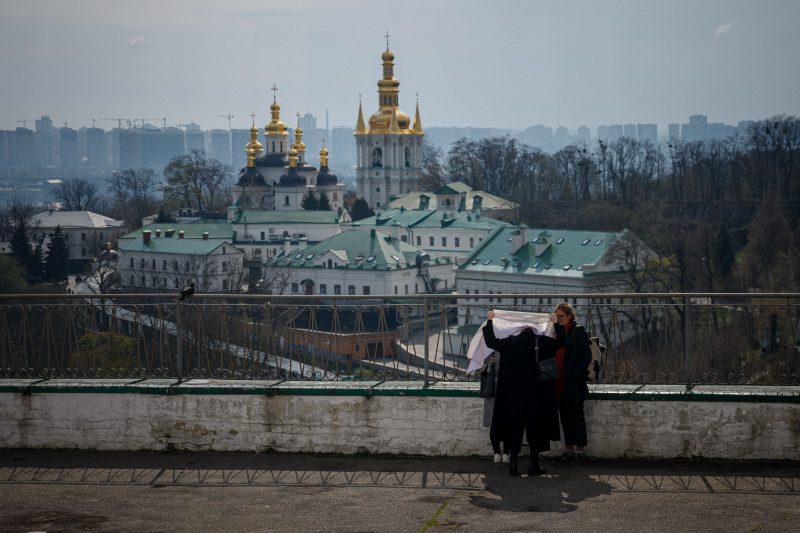In recent years, the Orthodox Church in Ukraine has become a battleground for political and ideological conflicts, drawing the attention of not only religious leaders but also the realm of politics. D.C. lobbyists are increasingly involved in shaping the future of the Orthodox Church in Ukraine, raising concerns about the interference of foreign entities in religious matters.
The involvement of D.C. lobbyists in the Ukrainian Orthodox Church is a complex issue that reflects broader geopolitical tensions between different factions. On one side, lobbyists supporting the canonical Ukrainian Orthodox Church under the Moscow Patriarchate argue for maintaining traditional ties with the Russian Orthodox Church. They emphasize the historical and cultural connections between Ukraine and Russia, advocating for the preservation of the status quo in the church hierarchy.
On the other side, lobbyists backing the newly established Orthodox Church of Ukraine seek to assert Ukraine’s independence and autonomy from Russia, both politically and religiously. These lobbyists are aligned with the Ukrainian government’s efforts to break away from Russian influence and promote a sense of national identity separate from Moscow’s sphere of control. They argue that the Orthodox Church in Ukraine should be free from outside interference and aligned with the country’s aspirations for self-determination.
The competing interests of D.C. lobbyists in the future of the Orthodox Church in Ukraine have created a divisive environment within the Ukrainian diaspora in the United States. Ukrainian-Americans who support the Moscow Patriarchate view the involvement of D.C. lobbyists as a threat to their religious and cultural identity, fearing that external pressure could undermine traditional Orthodox practices and beliefs.
In contrast, Ukrainian-Americans aligned with the Orthodox Church of Ukraine see the support from D.C. lobbyists as a way to strengthen Ukraine’s independence and foster a sense of national unity among the Ukrainian diaspora. They believe that breaking away from the Moscow Patriarchate is necessary for Ukraine to chart its own course and build a distinct religious identity that reflects the country’s modern aspirations.
Amidst the lobbying efforts and political maneuvering, the Orthodox Church in Ukraine faces significant challenges in navigating its future trajectory. The complex interplay between religious, political, and cultural influences underscores the importance of finding a balanced and inclusive approach that respects the diversity of beliefs within Ukraine’s Orthodox community.
As D.C. lobbyists continue to vie for influence over the Orthodox Church in Ukraine, it is essential for all stakeholders to engage in constructive dialogue and foster understanding to ensure that the church’s future is guided by the values of unity, peace, and respect for religious freedom. Only through open and transparent communication can the Ukrainian Orthodox Church navigate these turbulent waters and emerge stronger and more resilient in the face of external pressures and internal divisions.


























